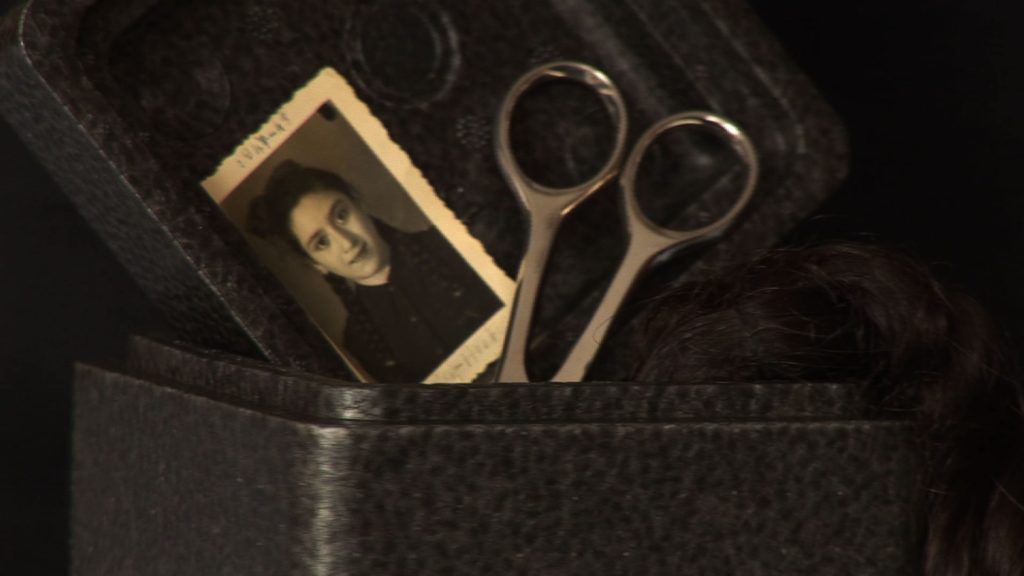Article by Alice Ferro
Translated by Paola Macchiarella
“What is the cost of evoking pain, considering that it cannot be erased?”. If it is true that a photograph can stop a moment in time, Da lontano, più forte is a journey dotted with instants, memories and words, which revolutionizes the theme of coping with grief, giving it a new, more complete meaning. The director Annamaria Macripò leads us in a personal and intimate dimension, to discover a twenty-year-long diary (from 1998 to 2018), full of images and thoughts related to her mother’s illness and loss. It is all about welcoming pain -the keyword of the journey-, a full and deep acceptance of it as our own.
In this documentary, the viewer enters with tenderness, asking “may I come in?”, as if he was on the threshold of someone else’s house for the first time. And this is what is happening: what else would the warm remembrance of a mother represent other than home? One after the other, the pictures show us a gentle face, and, in a few seconds, the development of a “normal life, with no great works to brag about”, but clearly significant. Through an unexpectedly homogeneous collection of faded photographs and videos shot with a phone, the viewer witnesses a process which is not the coping but the acceptance of grief, because it is motionless and unchanged, and it only loses its emotion.

The diary is read by Martina Pittarella and Marco Artusi, sometimes together with the works by David Maria Turoldo and Roland Barthes, as to lose ourselves in those days, belonging to a past which is not that far after all. Years passing by are represented in two different ways: through newspapers titles of that period, which report famous historical events, or through the diary, telling personal and family intimate experiences which are private but not insignificant. Perhaps, it is the fact of sharing them which makes them equally important.
The viewer can see and hear a woman who is no longer physically present. Nevertheless, she seems to be spiritually present, not only for her loved ones but also for those who hear her story for the first time. Does it really mean “coping”? How is it possible to come to terms with a persisting presence which keeps growing when shared? This is what Da lontano, più forte is about: the vital presence of a woman, manifesting in words, thoughts, images and even in dreams, a mother who lives through her daughter and exists because of her. The film has an ambitious yet clearly achieved aim: finally, the viewer notices that he has somehow become familiar with the woman and has understood her, like the title suggests, from afar, deeply (Da lontano, più forte).

